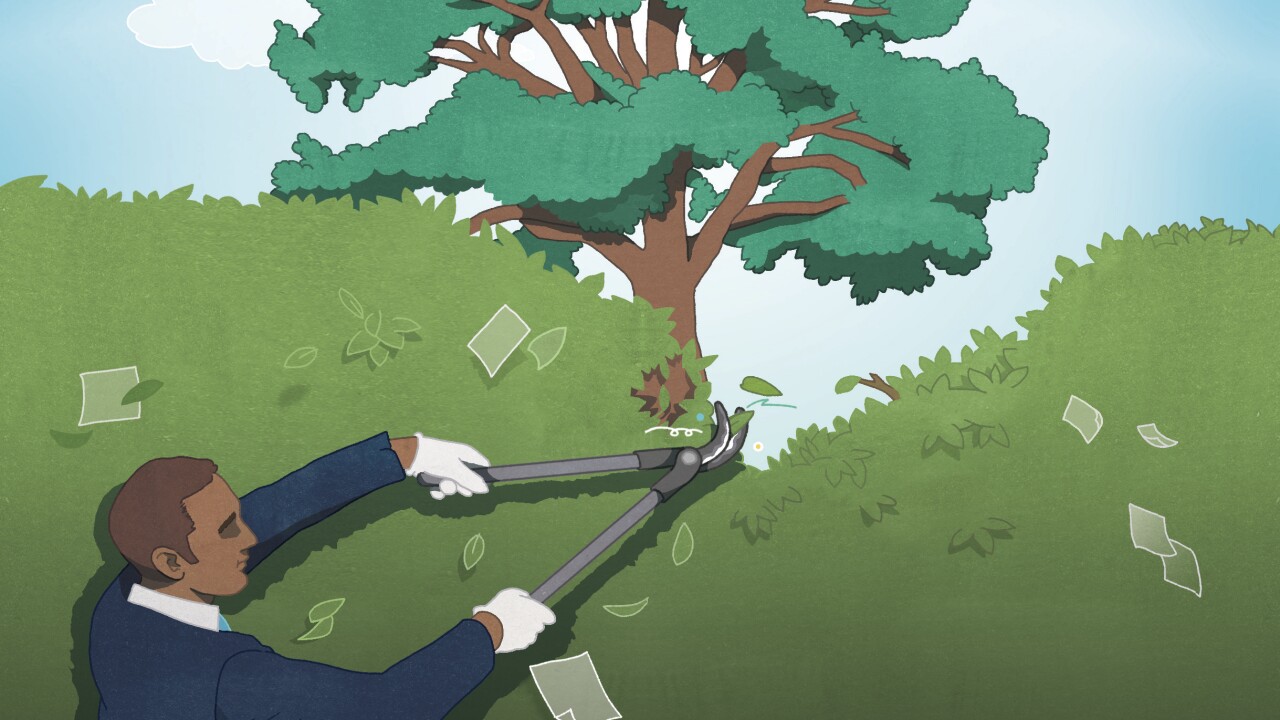Life is short … no matter how long you live. And you only get one shot at it. We all know that life comes at you fast — work, home, family, friends, extra-curricular activities … and the list goes on. At what point do you stop and figure out how you want to spend your time? If you are like most, you don’t. Life just keeps happening and time keeps passing — and this puts us in a state of reacting to life, not really living it.
The older I get, the more I am forced to realize that time is not renewable … and the more I feel a sense of urgency to change how I am spending my time. The concept of ideal days has never been more at the forefront for me. This means making choices about how I start my day, how I fill my day, and how I end my day — because it is my choice. Do I want to be dictated by my Google calendar? Or do I want to create days that enhance my life — both personal and professional?

One of my favorite and most inspirational books is the New York Times bestseller “Chasing Daylight” by former KPMG CEO Eugene O’Kelly. In his memoir, O’Kelly writes about his journey after being diagnosed with terminal brain cancer. One of the key points I took from this highly emotional book was the concept and importance of a perfect day.
After O’Kelly’s diagnosis, he immediately took stock of how many days he had left on Earth. There’s a lot more to his story, but one of his goals was to spend his time on the things that made him happy. For years, he lived by his work schedule, noting that his calendar was commonly booked out 18 months in advance! His main challenge was getting clarity on what a perfect day looked like for him. It was not an easy process, but once it was defined, he dedicated his remaining days to living a life that brought him joy. He noted that in just two weeks, he lived more perfect days than he had over the previous five years.
The lesson here is pretty clear. Life is indeed short, no matter your age. I walked away from this book dedicated to the notion that it was my life to live and I would no longer let life just happen.
Get to your ideal days
Accounting professionals are notorious for living by their work calendar — allowing the job, the clients, the calendar to rule. Many firm owners start their day by firing up their smartphone and reviewing the long list of meetings and to-do’s, instead of setting the precedent for how the day rolls out. Why not take an hour in the morning to enjoy your coffee, catch up on the news or have a conversation with your family? All this takes is blocking your calendar of early morning meetings. And why not schedule your work day so you have ample time to work on big-picture tasks — the actions that will have the biggest impact on your firm? It really is your choice. You really can get to ideal days.
This is not to say that you won’t have some days that are packed with client meetings — after all, you do have a business to run. This is about really taking the time to define what an ideal day looks like for you and then execute on it. Of course, an ideal day will look different for everyone.
For me, an ideal day starts with an hour or so of decompress time — a good cup of coffee, the morning news and conversation with my wife before heading out. At the office, my ideal day encompasses more time spent on big-picture tasks. I’m referring to vision-level leadership tasks — those that have a bigger impact on my firm than production work and being mired down with client meetings. What is key to recognize is that the value you bring to your business is best measured by the energy you put toward tasks that will have the biggest impact — not the time you spend in the office.
Most accounting firm owners spend their days performing tasks that drain them of their time and energy — and as a result, rob them of the opportunity to define what an ideal day looks like and then actually experience it. If you find yourself in this category, here’s a place to start.
Ask yourself the following questions:
- What’s most important to you in your life (e.g., time with family, travel, work)?
- How much personal freedom do you seek in your workday?
- What are the daily activities that you enjoy doing the most (e.g., strategizing, planning systems and processes, technical work)?
- What are the activities you are most gifted at doing — the ones that energize you when performing them?
- What are the activities that have the biggest and best possible impact on your business and/or personal life?
- How important is your ability to work from anywhere, versus being tied to a particular location?
- What impact do you want to have in this world?
Answering these questions is a good start to getting to your version of an ideal day. When you take the time to think through these questions, you may find that experiencing ideal days is more of a reality than you think.
For a deeper dive on the topics discussed in this column, listen to the “Better Every Day” podcast on iTunes or at





